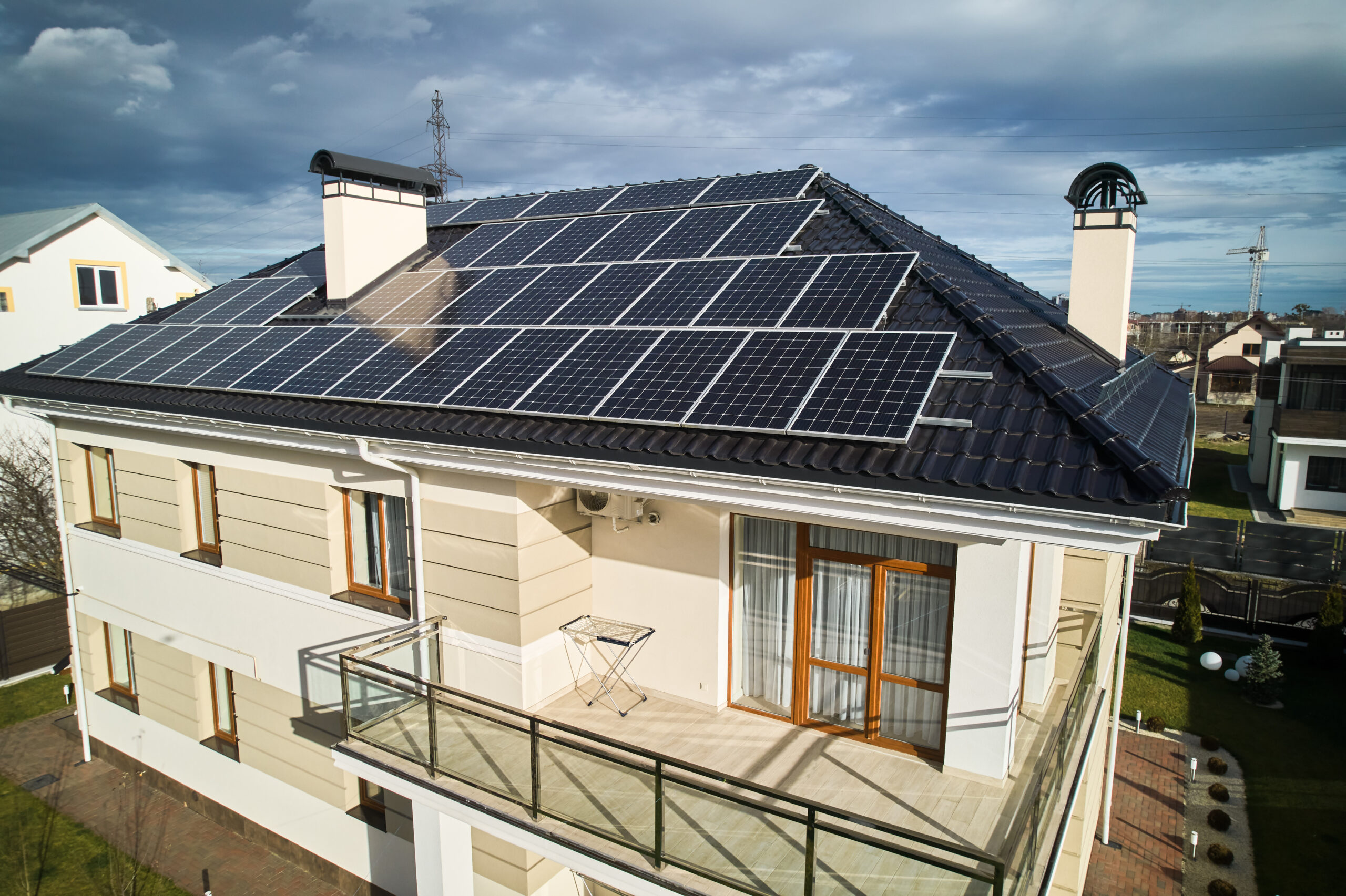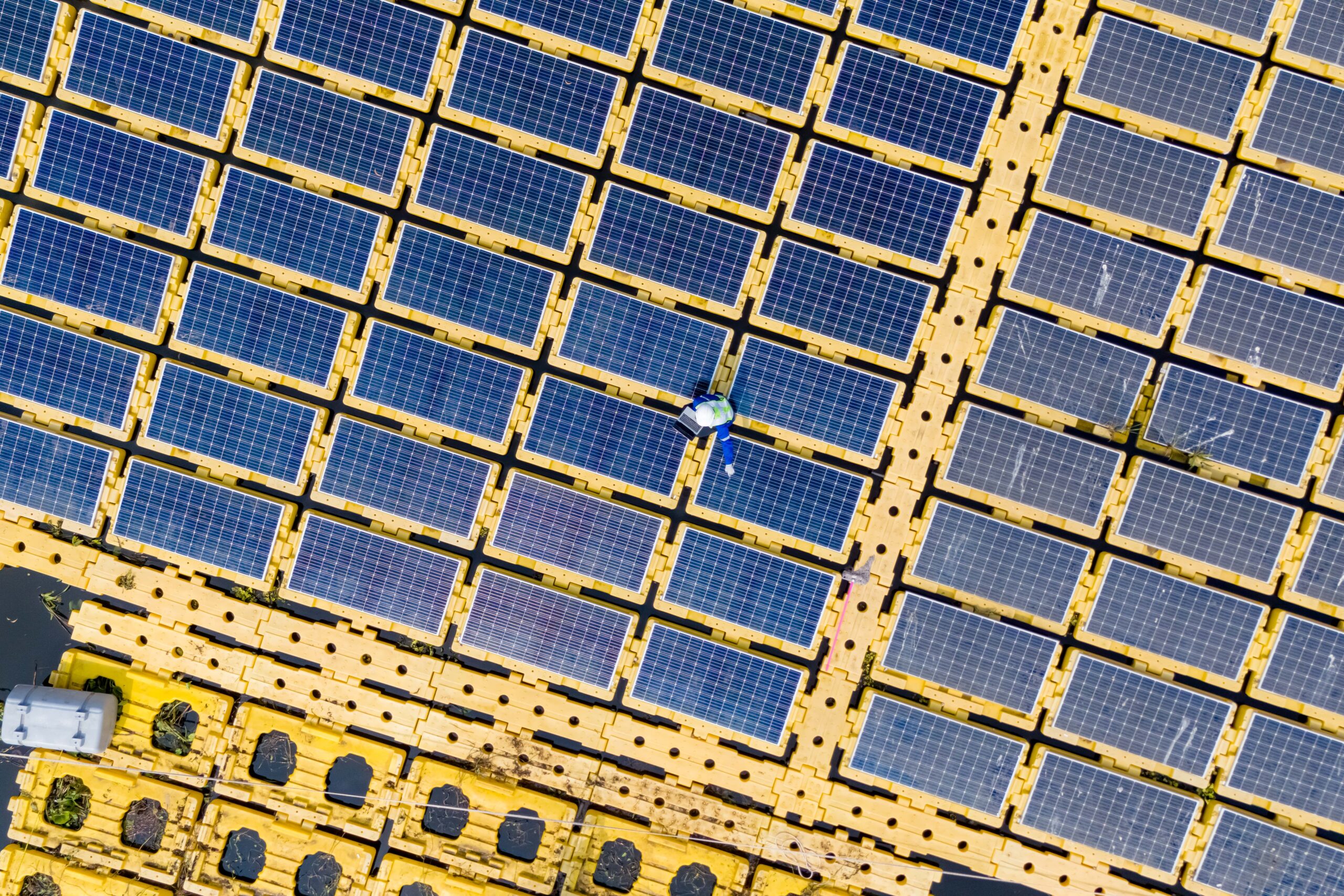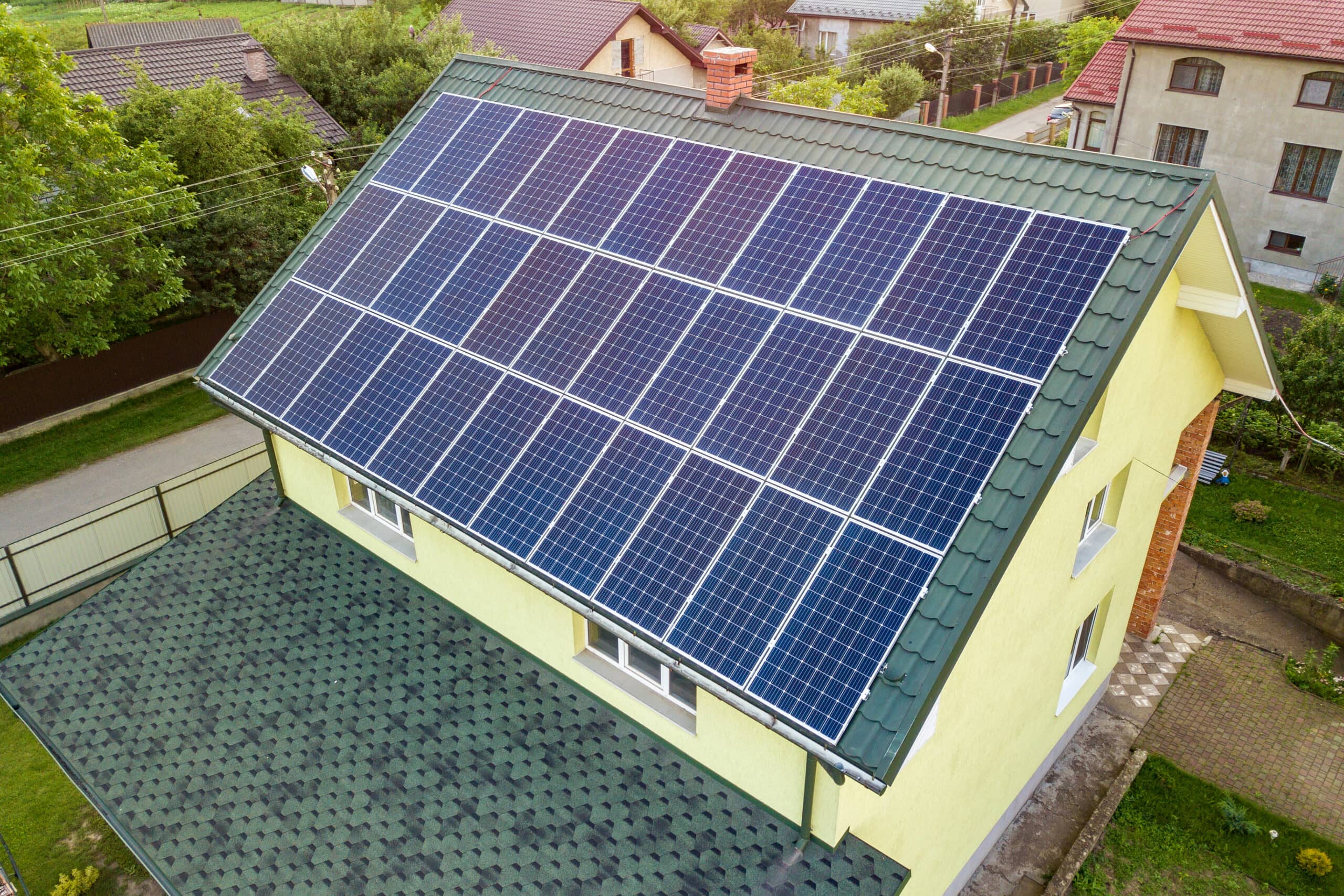Solar panels can have a significant impact on your home’s value. In this article, we will explore how installing solar panels can increase the value of your home and attract potential buyers. It’s important to understand the financial implications of this investment, as it can have long-term benefits for homeowners. By the end of this article, you’ll have a clear understanding of why it is crucial to consider the financial aspect when deciding to install solar panels. Let’s dive in and discover the exciting impact solar panels can have on your home’s value!
Why Solar Panels Increase Home Value
Solar panels can increase the value of your home, and there is solid research to back it up. Several studies have shown that homes with solar panels tend to sell for higher prices compared to similar homes without them. This is because solar panels offer a range of benefits that attract potential buyers.
Firstly, there is the potential for energy savings. Solar panels generate electricity from the sun, reducing your reliance on traditional energy sources and lowering your electricity bills. This is a big draw for homeowners, as it can lead to significant long-term savings.
Additionally, there are environmental benefits to consider. Solar energy is clean and renewable, so installing solar panels reduces your carbon footprint and contributes to a more sustainable future. This is becoming increasingly important to home buyers who prioritize eco-friendly features.
Lastly, let’s talk about the return on investment (ROI). While the initial cost of installing solar panels can be significant, homeowners can often recoup a large portion of their investment through energy savings and potential tax incentives or rebates. In some cases, the ROI can be pretty impressive, making solar panels a smart financial move.
So, by going solar, you are not only increasing the value of your home but also enjoying the benefits of energy savings, environmental consciousness, and potential financial gains. It’s a win-win situation all around!
Aesthetic Considerations
When it comes to assessing home value, aesthetics play a crucial role. The design and integration of solar panels can have a significant impact on the overall appearance of a property. Homeowners should consider balancing functionality and visual appeal to maximize their home’s value. For example, black-on-black panels can add a touch of sleekness and sophistication, potentially enhancing your house’s curb appeal.
Fortunately, solar panel technology has come a long way, and there are now various options available to suit different architectural styles and personal preferences. Some solar panels are designed to blend seamlessly with the roof, while others offer sleek and modern designs. By choosing a solar panel design that complements the overall aesthetics of your property, you can enhance its curb appeal and make a positive impression on potential buyers.
So, it’s essential to consider both the functionality and visual appeal of solar panels to ensure you maximize your home’s value.
The Importance of Home Appraisal
Let’s dive into the importance of home appraisal and how solar panels are evaluated. Home appraisal is a crucial step in determining the value of your home.
During an appraisal, a professional appraiser assesses various factors to come up with an accurate market value. When it comes to solar panel installations, appraisers consider factors like the condition, functionality, and integration of the panels into the home’s electrical system.
They also consider the potential energy savings and any warranties associated with the panels. To ensure accurate appraisal results, it’s essential to choose a qualified appraiser with experience evaluating solar panels. Provide them with all the relevant documentation and information about your panels, such as installation details, warranties, and data on energy savings.
If you are not satisfied with the appraisal you receive, you can even consider getting multiple appraisals to ensure accuracy. Remember, an accurate assessment that properly factors in your solar panels can positively impact the overall value of your home. So, it’s definitely worth paying attention to this process!
Ownership Models and Added Value
Let’s talk about ownership models and how they can impact the value of your home. When it comes to owned solar panels, there are some great benefits to consider.
First, owning solar panels can increase your home’s equity, which means you’re building more value in your property. Plus, you have the potential for a return on investment (ROI) over the long term, as you’ll save money on your energy bills. It’s a win-win situation!
Now, let’s switch gears and talk about leased solar panels. While leasing panels can still provide some benefits, it’s essential to know the impact on home value and ownership considerations. Leased panels may have some limitations compared to owning them outright. For example, when you rent, you don’t have full ownership of the panels, which could affect the perceived value of your home. Additionally, there may be challenges or restrictions when transferring the lease to a new homeowner if you decide to sell your property.
Ultimately, the decision between owning or leasing solar panels depends on your specific circumstances and goals. It’s essential to weigh the potential financial gains and savings against any limitations or challenges associated with each ownership model. Consider consulting with a solar energy professional who can provide personalized advice based on your situation.
Considerations for Homeowners
Understanding the ownership model and its impact on home value is crucial for solar panels. Here are some key considerations to keep in mind:
1. Ownership Benefits: Owning solar panels can increase the equity of your home and potentially lead to long-term financial gains through energy bill savings.
2. Financial Considerations: Evaluate the upfront costs, potential return on investment, and long-term savings associated with owning or leasing solar panels. This will help you make a decision that aligns with your financial goals.
3. Transferability: If you decide to sell your home, it’s essential to understand how the ownership or lease agreement for the solar panels can be transferred to the new homeowner. Some lease agreements may have restrictions or challenges in this aspect.
4. Marketability: Solar panels can enhance the marketability of your home, as many buyers value energy efficiency and potential savings on utility bills. However, it’s essential to understand the preferences of your local real estate market.
5. Local Incentives: Research potential incentives, rebates, and tax credits available in your area for solar-powered systems. These can help offset the costs and increase the financial benefits of solar panel ownership.
By weighing these factors, you will be well-equipped to make an informed decision that suits your financial goals, the marketability of your home, and the specific circumstances in your area. Remember to consult with professionals in the solar energy and real estate industries for personalized advice.
To wrap up, let’s recap the key points we discussed in the article:
1. Understanding the ownership model and its impact on home value.
2. Considering factors when deciding between owning or leasing solar panels.
3. Being aware of the potential resale implications and marketability of a home with solar panels.
4. Exploring incentives, rebates, and tax credits for solar-powered systems.
5. Emphasizing the importance of effective maintenance practices and regular inspections.
As a homeowner, it’s crucial to carefully evaluate the financial and aesthetic aspects of installing solar panels. By doing so, you can make an informed decision that aligns with your goals and preferences.
In the long run, owning solar panels can increase the value of your home while contributing to a sustainable future. You can save on energy bills, and you’ll also be making a positive impact on the environment.
Remember, it’s always a good idea to consult with professionals in the solar energy and real estate industries for personalized advice tailored to your situation. Here’s to a brighter, greener future for homeowners like you!




